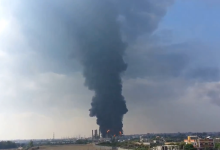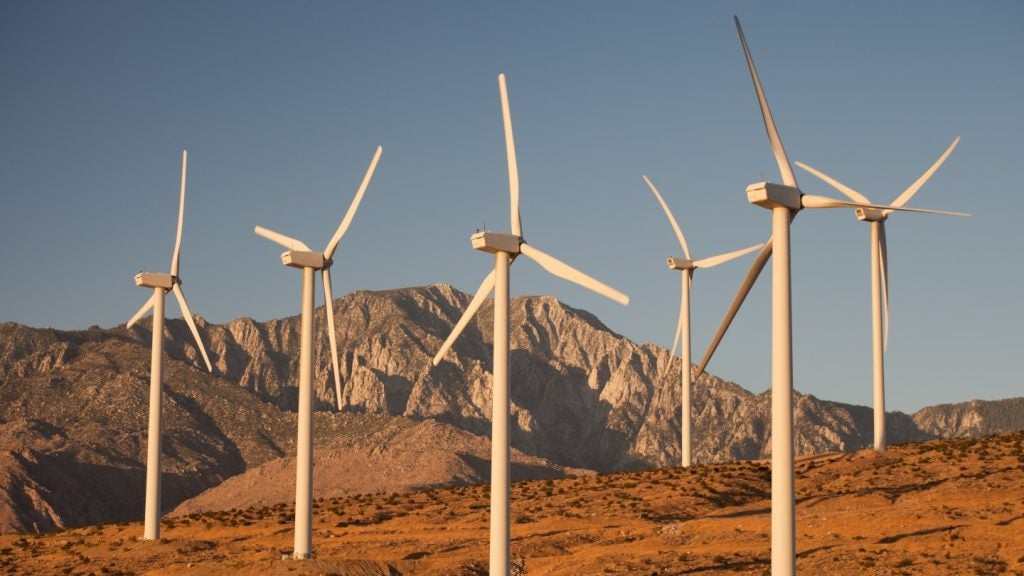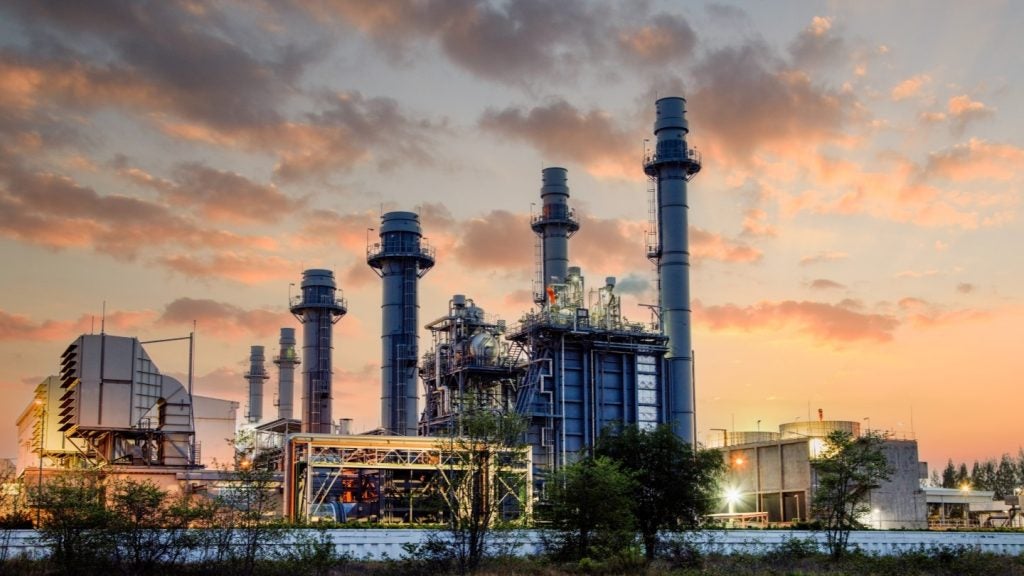
Gaza is operating with just 64 megawatts of electricity after a series of attacks on its only power plant culminated in the destruction of its primary fuel tank and caused a fire that sent a thick column of black smoke billowing into the sky.
With the plant completely shut down and expected to remain so for at least a year, the Palestinian operated region is now almost wholly reliant on the reduced imports of electricity it is receiving from Egypt and Israel, which is believed to have carried out the attack.
Everything was burned
Speaking after the attack on the plant to members of the media, Fathi Sheik Khalil of the Gaza energy authority, said: "We need at least one year to repair the power plant, the turbines, the fuel tanks and the control room. Everything was burned."
While Tuesday’s attack took it completely out of operation, it was already operating at reduced capacity following two attacks earlier in the day, and the day before. The first attack damaged the water and cooling engine, while the administration building was hit earlier on Tuesday.
How well do you really know your competitors?
Access the most comprehensive Company Profiles on the market, powered by GlobalData. Save hours of research. Gain competitive edge.

Thank you!
Your download email will arrive shortly
Not ready to buy yet? Download a free sample
We are confident about the unique quality of our Company Profiles. However, we want you to make the most beneficial decision for your business, so we offer a free sample that you can download by submitting the below form
By GlobalDataPrior to the attacks, the plant suffered from a series of fuel shortages that saw its capacity cut in half. Fuel supplies were also reduced in 2013 when the smuggling of subsidized fuel from Egypt through underground tunnels was halted.
See Also:
On the administration front, the plant was shut down multiple times in 2010 during a dispute between the Hamas ruling government, the Palestinian Authority and Israel over unpaid fuel bills. The dispute arose after Hamas accused Palestine of not paying Israel and Palestine responded with the accusation that Hamas had not been collecting the money from Gaza residents.
Unholy reliance
The destruction of the power plant means that Gaza is now overwhelmingly reliant on electricity imports of 120Mw from Israel and 28Mw from Egypt, which when combined constitute less than 17% of overall demand. As a result of the extreme shortfall, authorities are expected to significantly increase the programme of enforced blackouts in order to preserve supplies. Prior to the attack on the plant, rolling power outages were in place for an average of 12 hours a day.
The consequences of the shortage will exacerbate the humanitarian crisis in Gaza, with water supplies and critical infrastructure such as hospitals set to suffer. In its most recent report on the situation, the UN Office for the Coordination of Humanitarian Affairs (OCHA), said: "This places additional burdens on the provision of essential services. Hospitals will depend more heavily on their own diesel-powered generators, which are not adequate to power l services for extended periods. Previously, hospital generators have burned out with extensive use, and power fluctuations damage finely calibrated medical equipment."
Efforts are being made to deliver emergency fuel into Gaza for use in diesel power generators, though it is concerned over previous incidents where generators in critical centres such as hospitals have burnt out following over use. A longer term solution is yet to be announced.


.gif)




